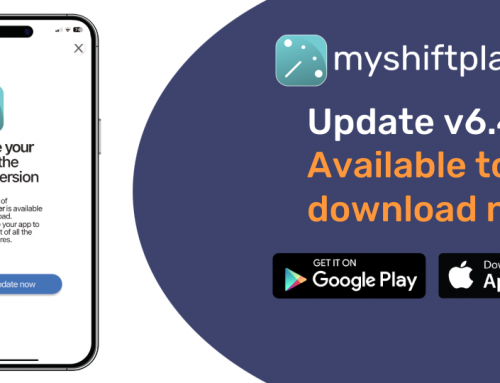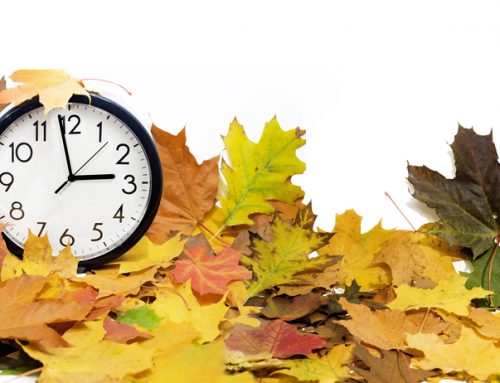Find yourself constantly procrastinating at work? According to the latest studies, it might not be all your fault!
Putting it off? You’re not alone
Who doesn’t occasionally procrastinate at work?
Most of us have an inbuilt suspicion of those fellow workers who always finish every task on time and never seem to fall behind.
We all know the type – never delays an unpleasant duty, works through everything annoying quickly and always hits every target they are given.
via GIPHY
For the rest of us mortals who wish we could be like that, the reality is far more frustrating . We might want to get everything done, but we just can’t help putting off those tasks we don’t like doing until the last minute. And sometimes we just don’t have the energy to face the tasks that really grind us down. We just can’t help procrastinating.
via GIPHY
To a certain degree, it’s human nature to be less motivated to deal with some jobs than others. We don’t like to do, what we don’t like to do. So we find displacement activity, or just hide away from the bigger more difficult responsibilities, doing lesser tasks until the end of work when we can escape.
However, in shift work, there appears to be a higher level of procrastination than is found in other jobs, and the latest studies show that this is all related to the length and quality of our sleeping patterns.
Shift Workers and Procrastination
A paper published recently in the Journal of Occupational and Organizational Psychology (JOOP)1 explored the reasons why some shift workers are more prone to procrastinate than others, and the effects it can have on employers and their safety at work.
The results were not surprising. Like so much related to shift work, the biggest cause of procrastination was poor quality of sleep.
The analysis of 66 shift workers over 332 days doing various shifts and patterns showed that on days when shift workers slept better and longer — compared to days when they slept worse and shorter — they had more energy and willpower available after sleep and, subsequently, were less prone to procrastination at work.
Sleep and Personal Sleep Preferences Matter
It stands to reason that quality and length of sleep heavily affect a shift worker’s ability to do their job well and that the motivation to start or complete tasks at work is heavily linked to our sleeping patterns. But the other interesting result from the study was that, the more work times (permanent shift) were misaligned with an employees’ sleep–wake preferences, the more pronounced was shift workers’ inclination to procrastinate at work.
What the analysis showed was that all of us have a preference for when we prefer to be asleep or awake. It’s an inbuilt natural clock that is different for every human being.
The latest psychological term is “chronotype”. In the past we would simply say that someone was a early bird or a night owl. But it appears that it is very much the case that we are hardwired to prefer working at different times of day and also that this is not a trait that we can easily change.
The study showed that those who are natural night owls, function better, and procrastinate less on the night shift, compared to those who are natural early birds. But procrastinate more and get less done when they are on “earlies”.
via GIPHY
When Do Shift Workers Function Best?
The findings might not be a surprise to many shift workers. But the study does make some important points both for shift workers and for their employers.
For shift workers, it’s important to know when and how you function best. Knowing this allows you to be aware of how and when you are more likely to procrastinate and not get tasks done. On days on which procrastination would be especially harmful, getting the best quality sleep and of sufficient duration should be a priority.
Likewise, the study suggests that to promote shift workers’ effective functioning at work, employers should take workers’ chronotypes and circadian principles into account when scheduling shift work. It suggests that to get the best from a team, shift times should be aligned with when particular workers’ work best.
It sounds like a good idea, but as most shift workers and employers will know, the practical reality of scheduling the right people to the right shifts, isn’t quite so simple.
However, with more technological tools available to aid and support shift workers, systems that take these issues into account and find the best solutions for everyone may be just around the corner!
For help in managing your shift pattern and sleep quality, download My Shift Planner today
1. The relevance of sleep and circadian misalignment for procrastination among shift workers: Jana K€uhnel1,2*, Sabine Sonnentag2, Ronald Bledow3 and Klaus G. Melchers1. Journal of Occupational and Organizational Psychology, 2018 91,110-133.






